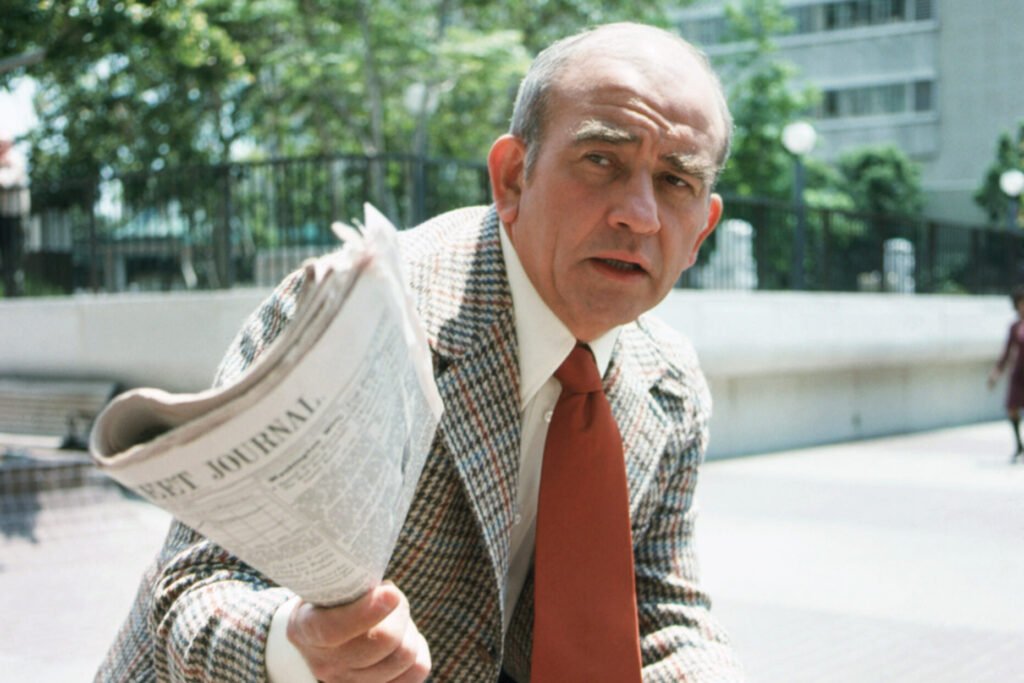Ed Asner had a voice that could rumble through your living room like distant thunder, and a face that told stories before he even opened his mouth. For over five decades, this son of Kansas City brought authenticity to every role he touched, whether he was barking orders in a newsroom or lending his gruff warmth to animated characters. He understood the working man because he was one—from his early days as a steelworker to his breakthrough as Lou Grant, Asner never forgot where he came from or the people who made America run.
1. Lou Grant in “The Mary Tyler Moore Show” (1970-1977)
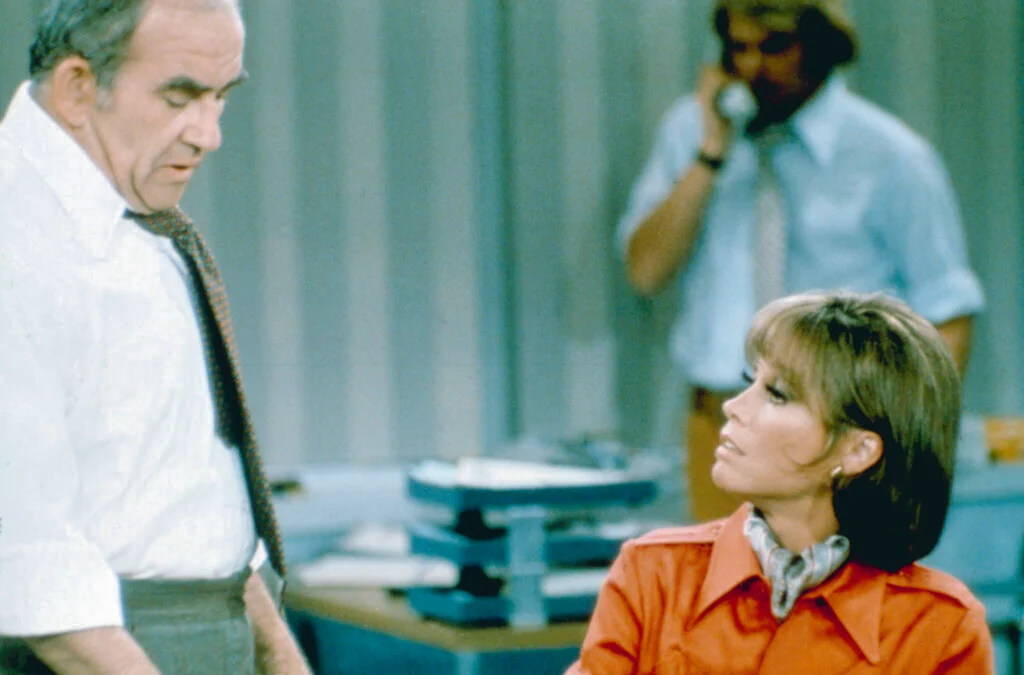
Lou Grant wasn’t just Mary Richards’ boss—he was America’s boss, the kind of gruff-but-caring supervisor we all wished we had. Asner brought layers to what could have been a one-note character, showing us a man who barked orders but genuinely cared about his team’s success. His relationship with Mary perfectly captured the evolving workplace dynamics of the 1970s, when women were fighting for respect in male-dominated fields. Excitingly, Biography reports that the connection between Asner and Moore extended beyond the show.
The beauty of Asner’s Lou was in the moments between the bluster—the way his eyes would soften when Mary needed encouragement, or how he’d grumble about office changes while secretly being proud of his staff. He made Lou Grant feel like every middle manager who ever struggled between company demands and employee welfare. Those Saturday night audiences saw themselves in his frustrations, his small victories, and his unwavering dedication to getting the job done right.
2. Lou Grant in “Lou Grant” (1977-1982)
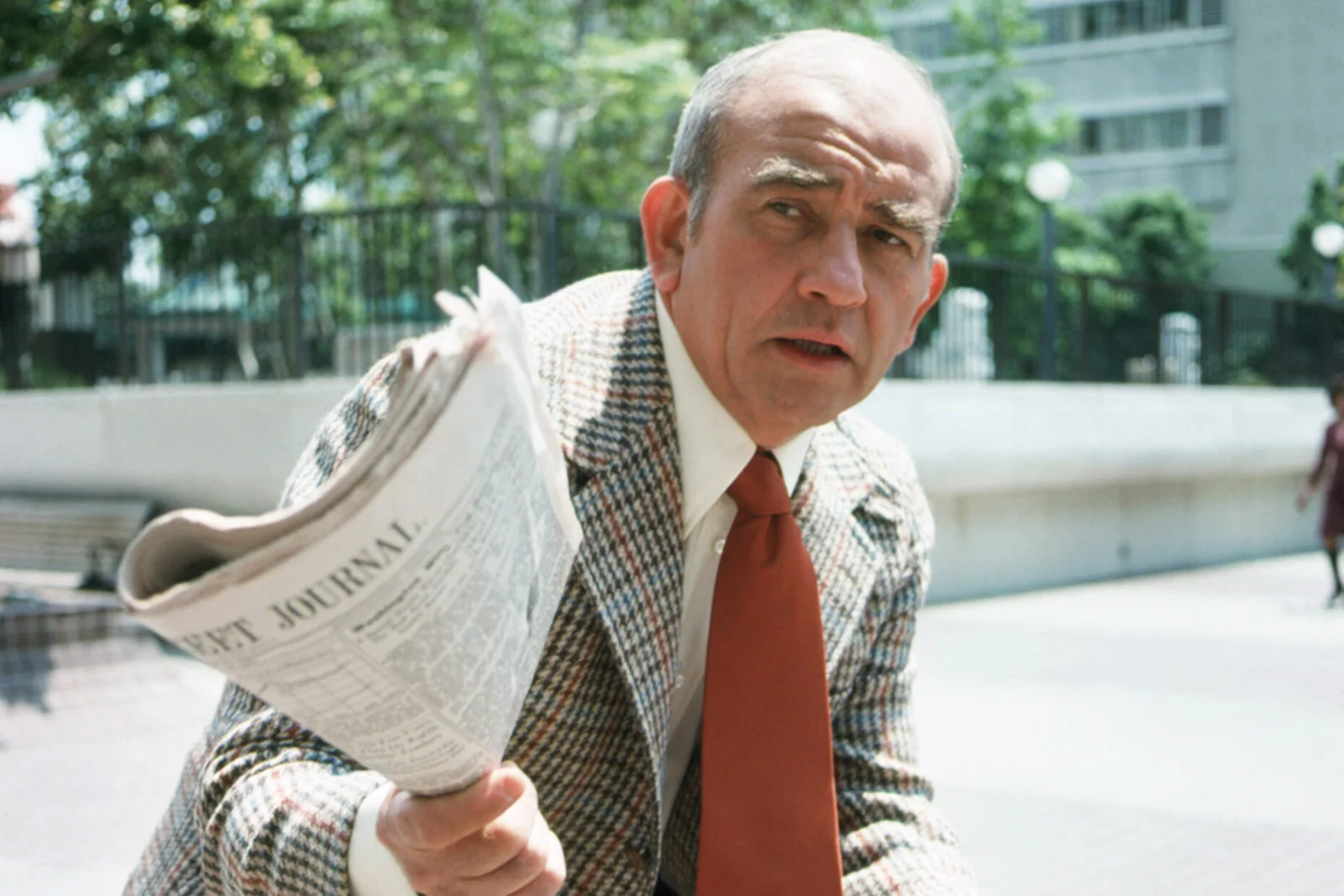
When Lou Grant moved from comedy to drama, Asner proved he could carry the weight of serious journalism on those broad shoulders. The transition from Minneapolis television to Los Angeles newspapers gave him room to explore deeper themes about truth, corruption, and the responsibility of the press. His Lou became more than a character—he was the conscience of American journalism during a time when trust in media was being tested. CNN writes that the excitement neverstopped even when not filming this series.
Asner’s performance in the dramatic series showed us journalism as a calling, not just a career. He tackled stories about workplace safety, political corruption, and social justice with the same intensity he brought to managing the WJM newsroom. This wasn’t just entertainment—it was a masterclass in how one actor could embody the integrity and tenacity that defined the greatest generation’s approach to work and civic duty.
3. Carl Fredricksen in “Up” (2009)
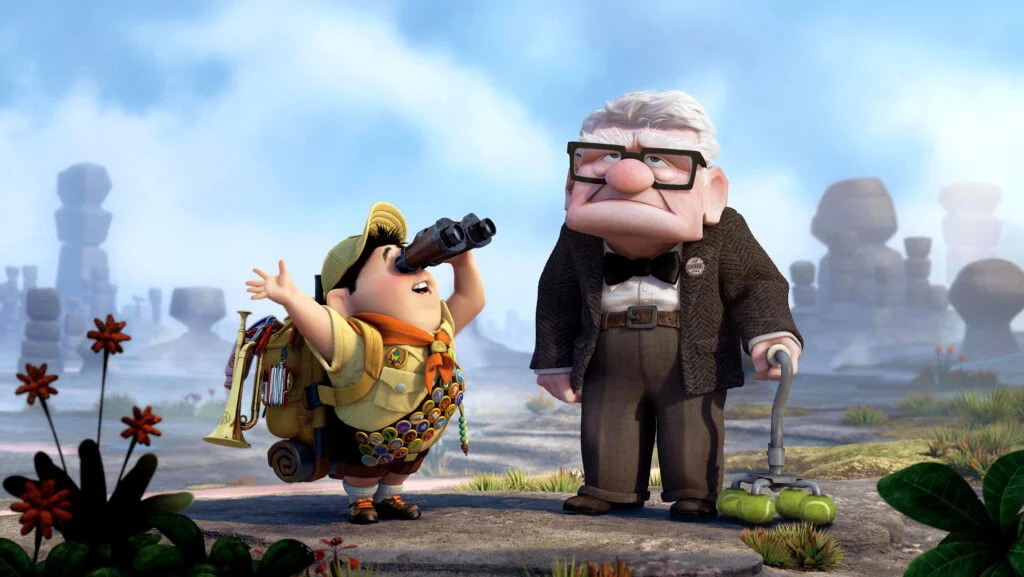
Who else but Ed Asner could make us fall in love with a cranky old widower who ties balloons to his house? His voice work as Carl Fredricksen proved that great acting transcends age, medium, and even animation. The opening sequence of “Up,” told largely through Asner’s vocal performance, remains one of cinema’s most moving love stories—a testament to his ability to convey decades of emotion in every inflection. OTTPlay considers this role just another way that Asner provided all the world with a beloved mentor figure.
Asner brought his lifetime of experience to Carl’s journey from bitter isolation to renewed purpose. The character’s transformation from a man stuck in the past to someone willing to embrace new adventures resonated with audiences who understood loss, regret, and the courage it takes to start over. His performance reminded us that heroes come in all shapes and sizes, and sometimes the greatest adventures begin when we think life is nearly over.
4. Frank Donovan in “Thunder Alley” (1994-1995)
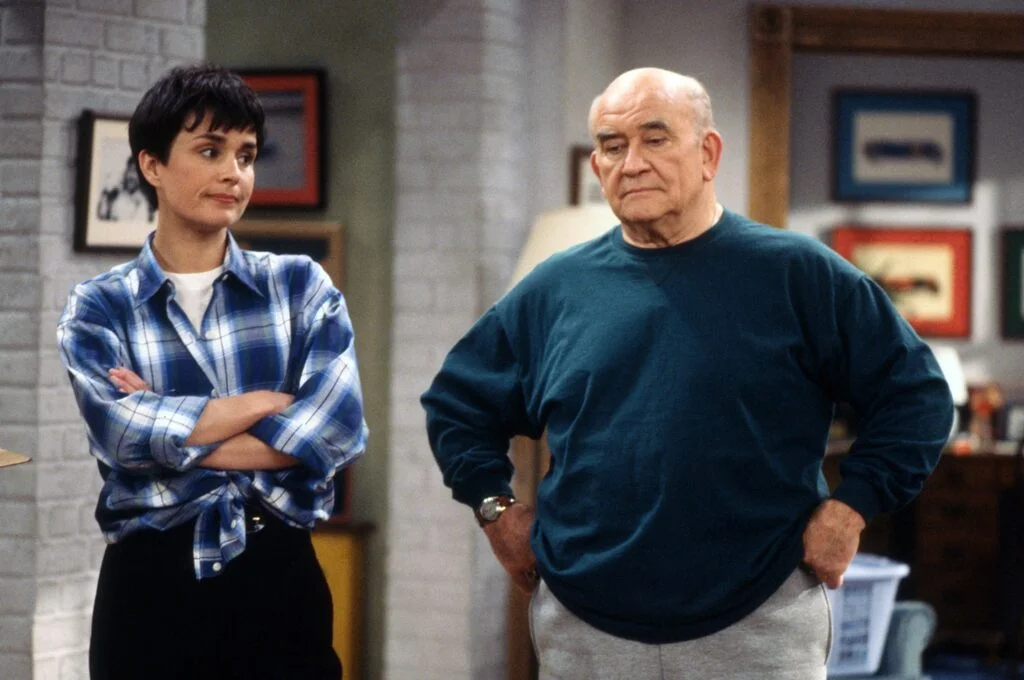
Playing a former race car driver turned mechanic, Asner explored themes of dreams deferred and second chances in this NASCAR-themed family comedy. His Frank Donovan was a man who’d stepped back from the spotlight to support the next generation of racers. The role allowed Asner to showcase his comedic timing while exploring the dignity found in mentorship and supporting roles.
The character embodied the working-class values of persistence, family loyalty, and finding purpose beyond personal glory. Asner’s Frank understood that sometimes the greatest victory comes from helping others achieve their dreams. His performance resonated with viewers who’d made similar sacrifices in their own lives, choosing family responsibility over personal ambition.
5. Warren Beatles in “Hawaii Five-O” (1971)
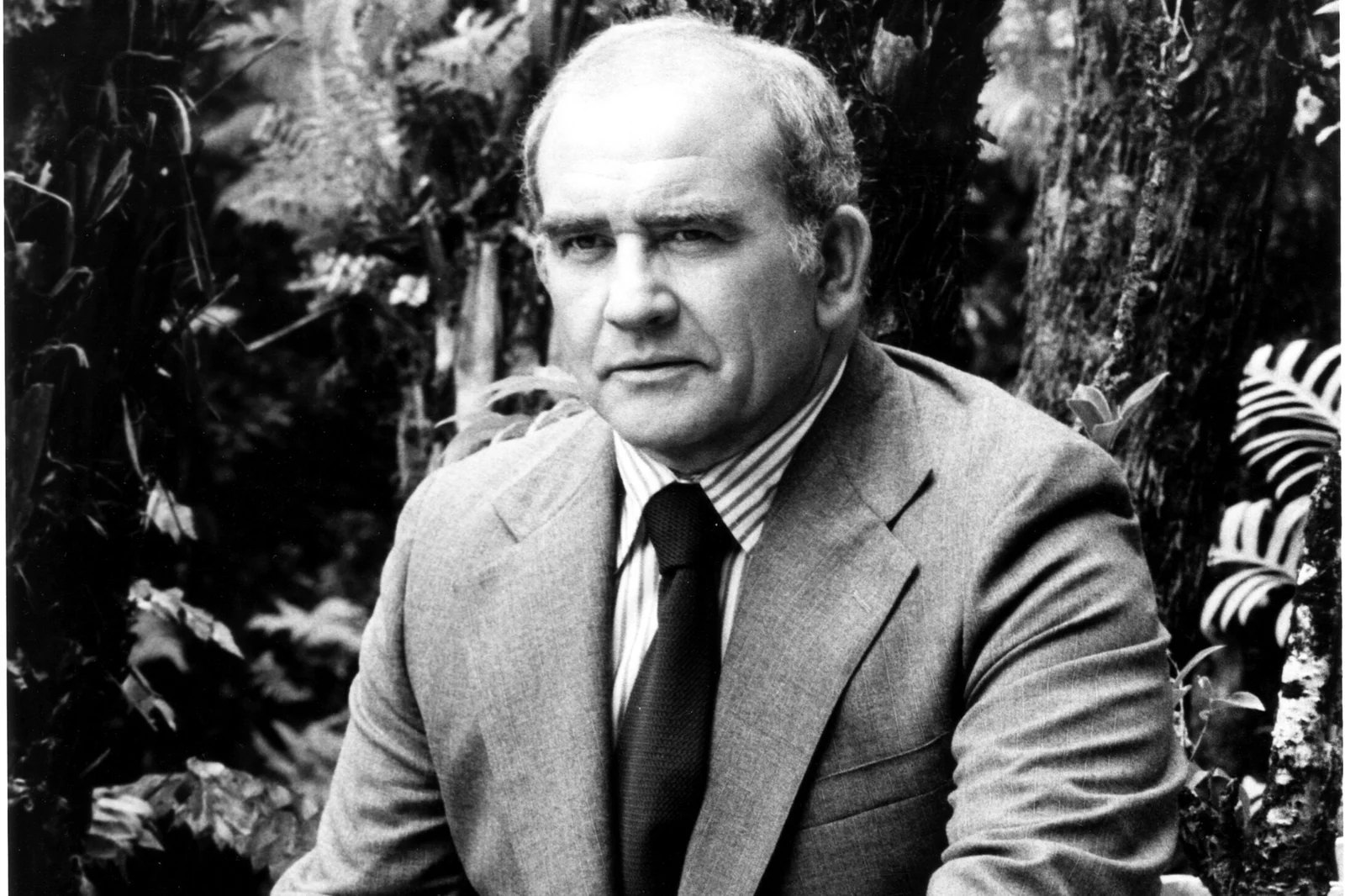
As a corrupt union official in this classic crime series, Asner explored the dark side of organized labor, playing a man who’d lost sight of his original mission to help working people. His Warren Beatles was a cautionary tale about how power can corrupt even those who start with noble intentions. The role allowed Asner to examine themes of betrayal, greed, and the responsibility that comes with representing others’ interests.
Asner’s performance balanced the character’s villainy with hints of his former idealism, showing how good intentions can be twisted by circumstances and temptation. His union boss wasn’t purely evil but rather a man who’d made increasingly poor choices until he’d lost his way completely. The portrayal resonated with viewers who understood how workplace politics and power struggles could change people, sometimes for the worse.
6. Santa Claus in “Elf” (2003)
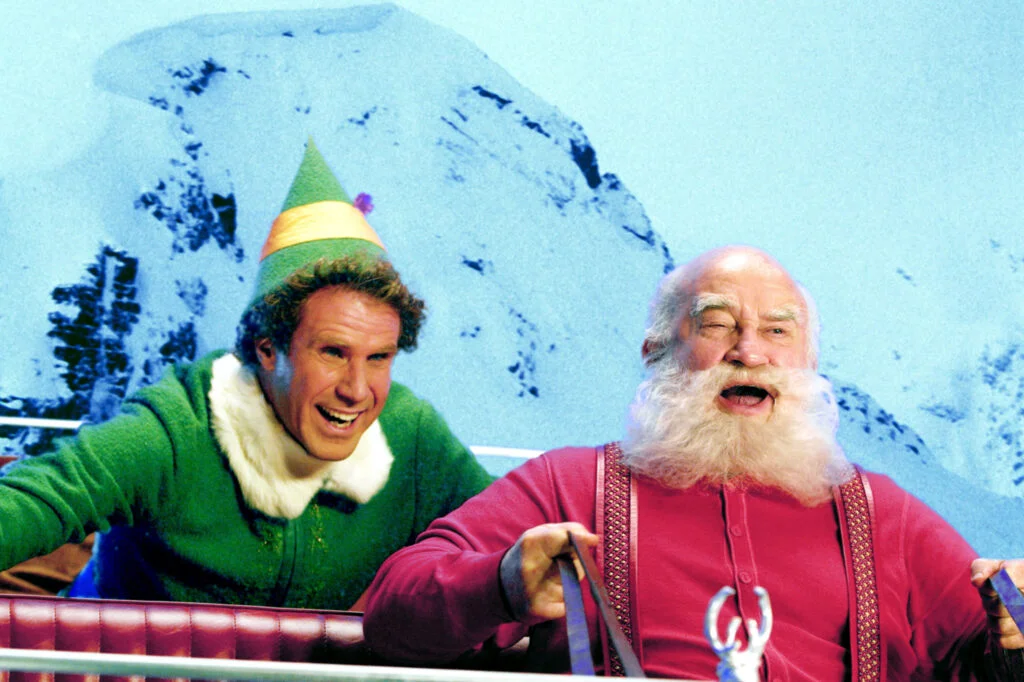
Leave it to Ed Asner to make Santa Claus feel like a real boss dealing with workplace challenges and family dynamics. His portrayal brought a blue-collar sensibility to the North Pole, treating toy production like any other manufacturing operation while maintaining the magic and wonder of Christmas. Asner’s Santa was both jolly and practical, a working man’s version of the beloved Christmas figure.
His scenes with Will Ferrell’s Buddy showcased Asner’s gift for playing authority figures who care deeply about their responsibilities. This Santa wasn’t just magical—he was a manager dealing with production deadlines, employee morale, and family relationships. Asner made us believe that running Christmas was indeed a full-time job requiring both heart and business sense.
7. Captain Davies in “Roots” (1977)

In this groundbreaking miniseries, Asner portrayed the ship’s captain involved in the slave trade, a morally complex role that demonstrated his range as a dramatic actor. His performance was restrained but powerful, showing a man complicit in a horrific system while still maintaining his humanity. The role required Asner to navigate difficult historical territory with sensitivity and authenticity, contributing to one of television’s most important cultural moments.
Asner’s work in “Roots” proved his commitment to socially significant projects that challenged audiences to confront uncomfortable truths about American history. His captain wasn’t a cartoon villain but a real person shaped by the economic and social systems of his time. The performance added weight to the miniseries’ examination of how ordinary people become part of extraordinary evil through circumstance and choice.
8. Captain Davies in “The Bronx Zoo” (1987-1988)
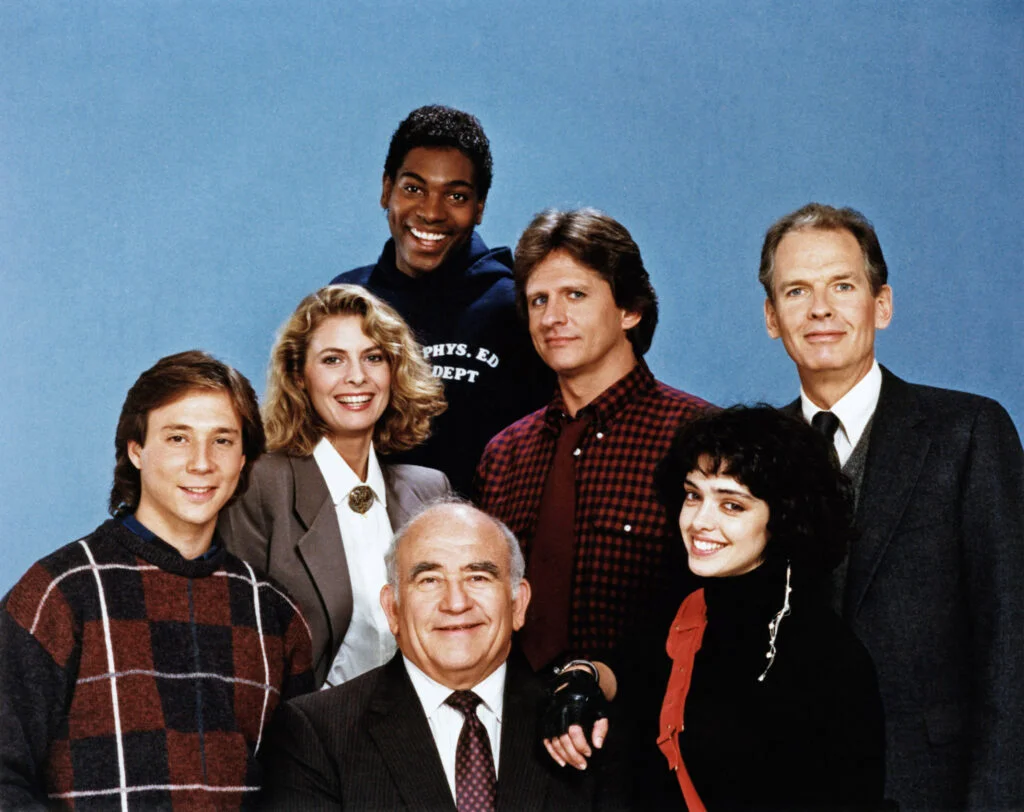
As the principal of a tough urban high school, Asner tackled one of television’s most challenging roles—an educator fighting for students others had written off. His Captain Davies was part teacher, part social worker, and part miracle worker, trying to make a difference in an underfunded school system. The role let Asner explore themes of education, social justice, and the dedication required to serve in America’s most challenging communities.
Asner brought the same intensity to education that he’d brought to journalism, showing us a man who refused to give up on kids everyone else had forgotten. His performance highlighted the heroism of educators who work in difficult circumstances with limited resources but unlimited heart. Though the series was short-lived, Asner’s portrayal of a committed educator resonated with teachers and parents who understood the daily battles fought in America’s schools.
9. Mac’s Father in “The Closer” (2005-2012)
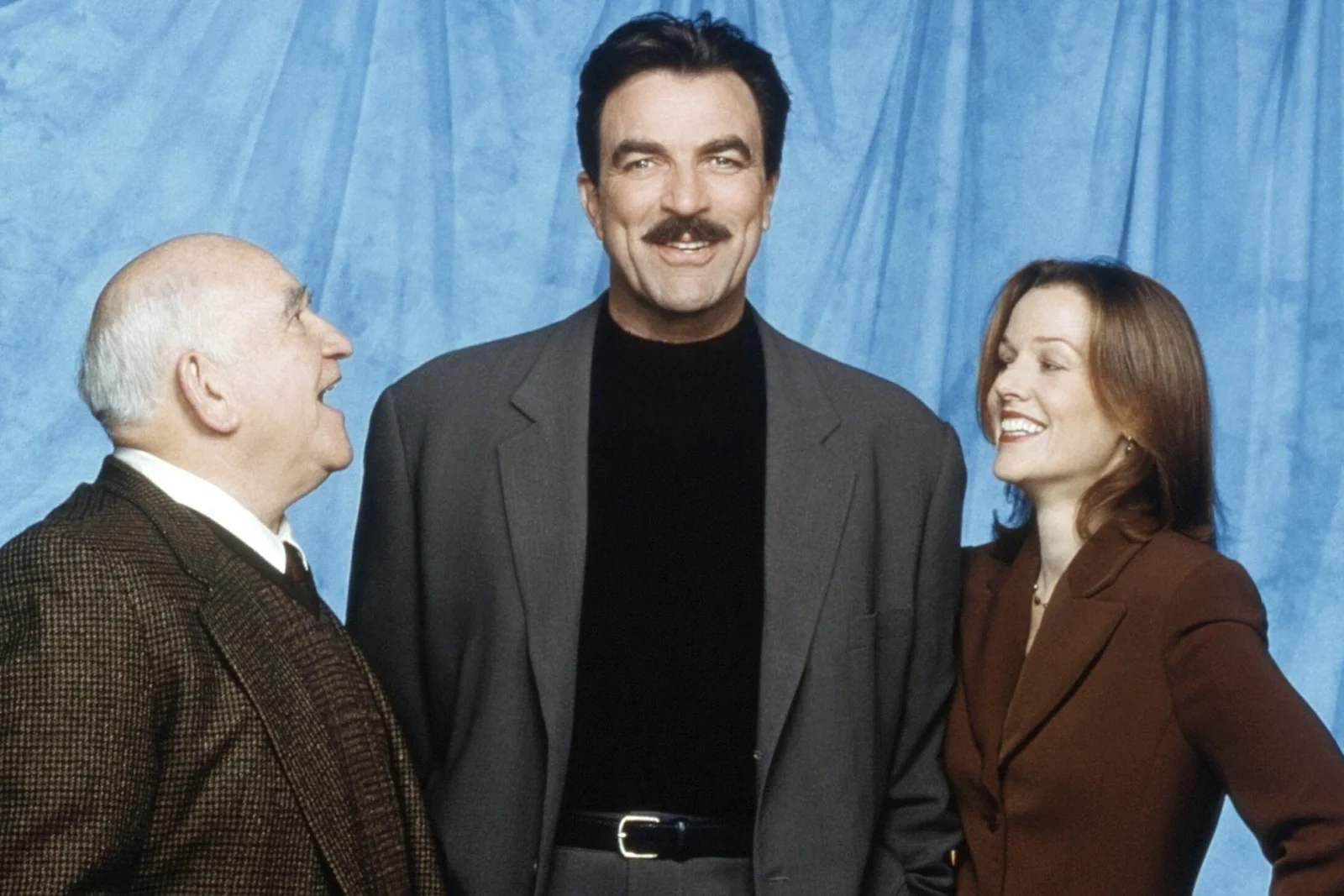
Asner’s recurring role as the father of Detective Lieutenant Provenza brought warmth and wisdom to the police procedural. His character represented the old-school values that shaped his son’s generation of law enforcement officers. The dynamic between father and son explored themes of aging, respect, and the passing of wisdom from one generation to the next.
His appearances on the show demonstrated Asner’s continued ability to create meaningful relationships with other characters, even in supporting roles. The elder Provenza was both proud of his son’s career and concerned about the dangers he faced daily. Asner’s performance captured the universal experience of parents watching their children navigate careers they don’t fully understand but deeply respect.
10. Bart Jason in “El Dorado” (1966)
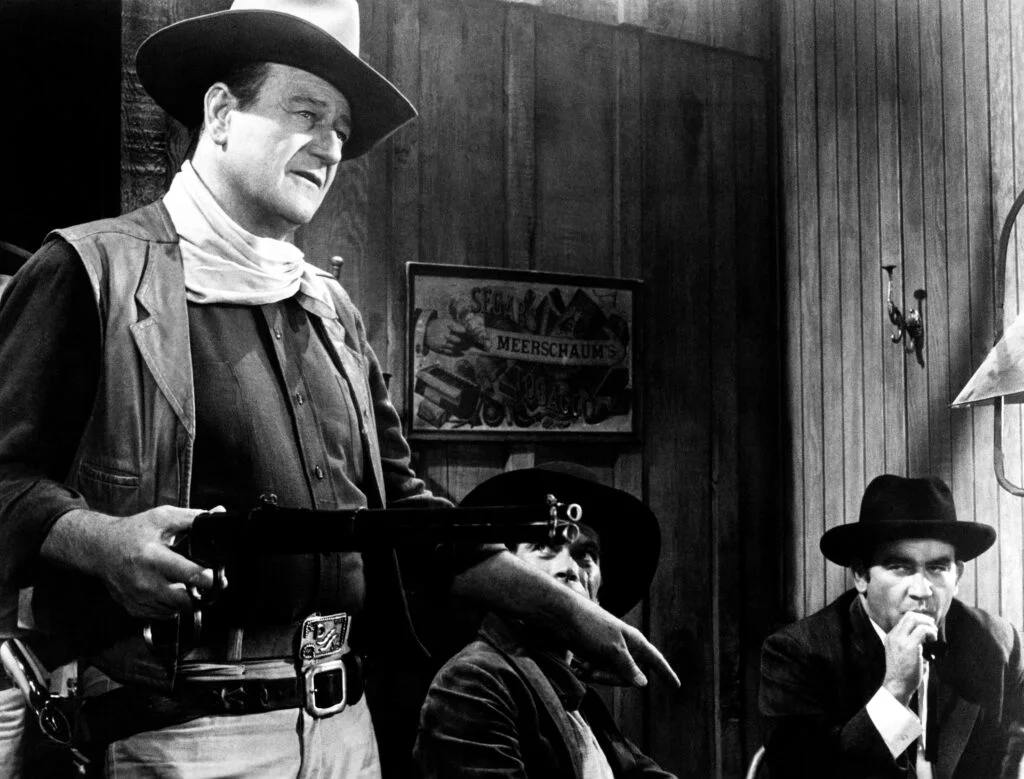
In this classic Howard Hawks western, Asner played the ruthless cattle baron Bart Jason, the main antagonist who hired gunmen to drive homesteaders off their land. His Jason was a businessman who used violence as just another tool of commerce, representing the kind of corporate power that steamrolled over individual rights in the name of progress. Asner brought a cold, calculating menace to the role, showing us a man who’d lost his humanity in pursuit of wealth and control.
The performance demonstrated Asner’s range early in his career, proving he could be just as compelling as a villain as he would later be as sympathetic authority figures. His Jason wasn’t a wild gunslinger but a calculating businessman who understood that fear and intimidation were often more effective than bullets. Asner made the character feel like the kind of powerful men who shaped the American West—ruthless capitalists who saw land and people as commodities to be bought, sold, or eliminated as needed.
Ed Asner’s career spanned generations because he understood something fundamental about storytelling—every character, no matter how small, represents someone’s whole world. From newsrooms to animated adventures, from family comedies to serious dramas, he brought the same commitment to authenticity that defined the working men and women he portrayed. His legacy reminds us that great acting isn’t about glamour or star power—it’s about truth, dedication, and the courage to bring real human emotion to every role, no matter how big or small.

